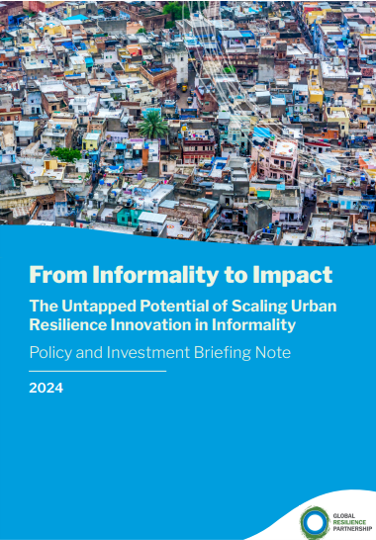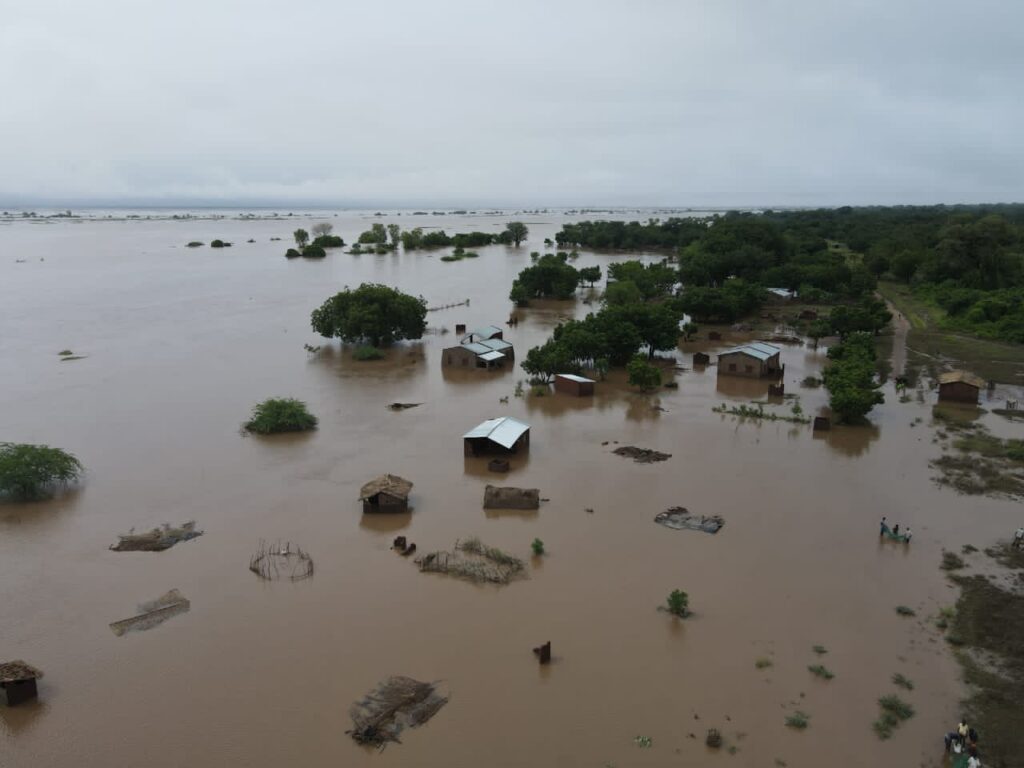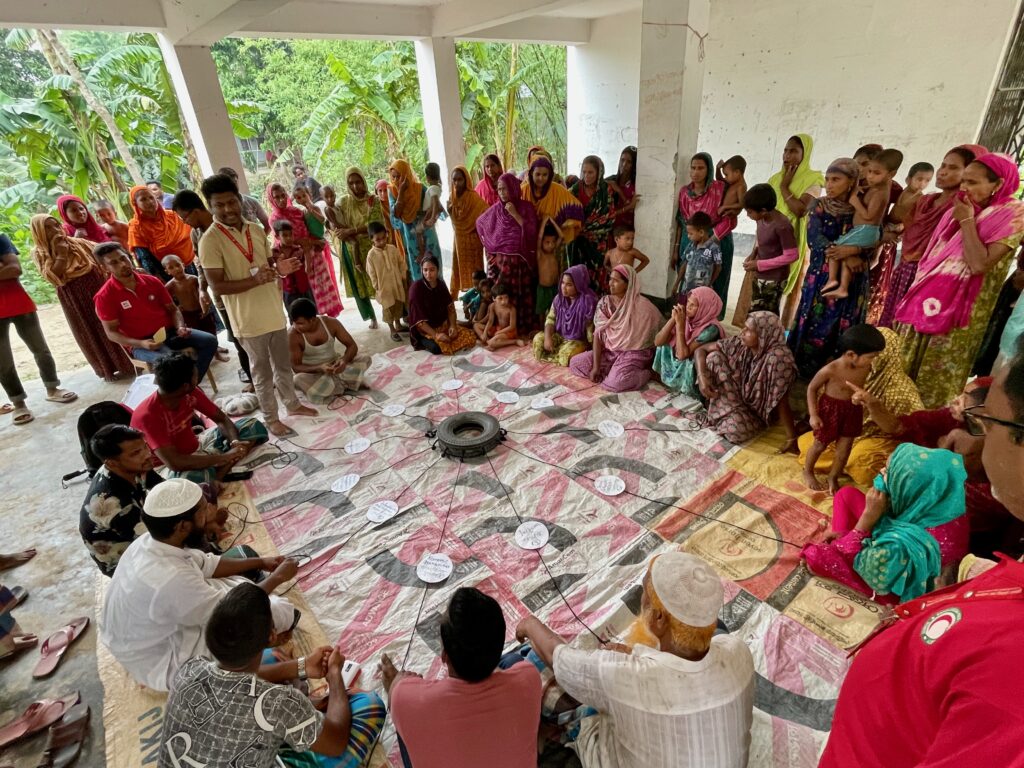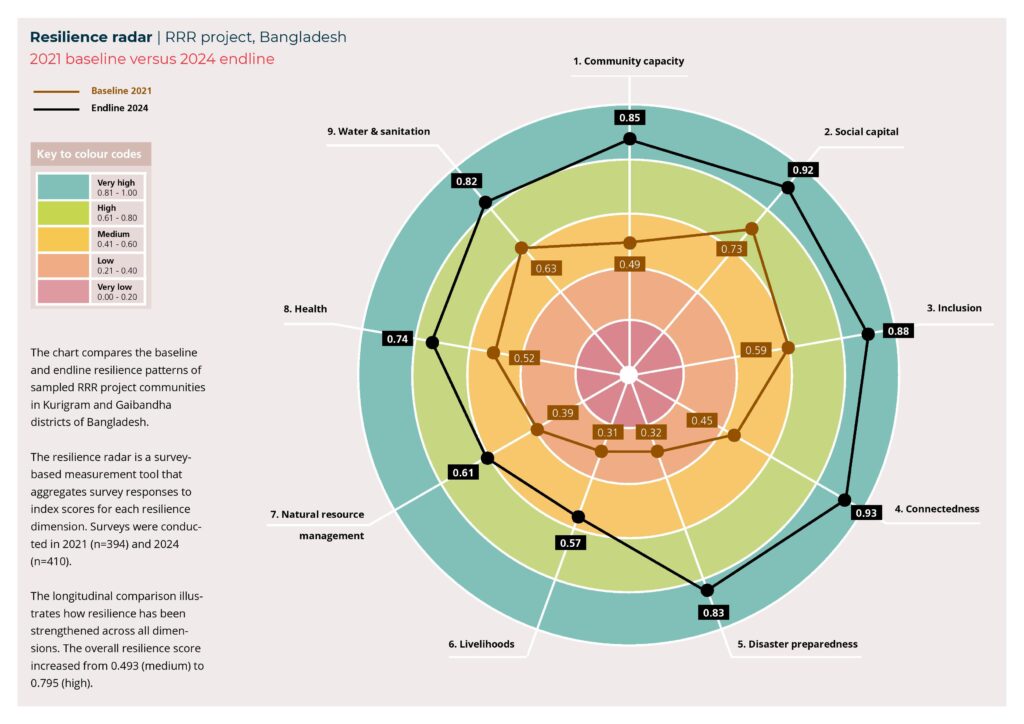Management of Earthquake Risk in the European Union
Several countries in the European Union (EU) face significant earthquake risk, primarily due to seismic hazard levels and aging infrastructure. Unlike many other natural hazards, earthquakes occur without warning, limiting the ability to evacuate people and protect lives. At the same time, decades can pass between large earthquakes, leading to a decline in public awareness and policy attention […]
Management of Earthquake Risk in the European Union Read More »




